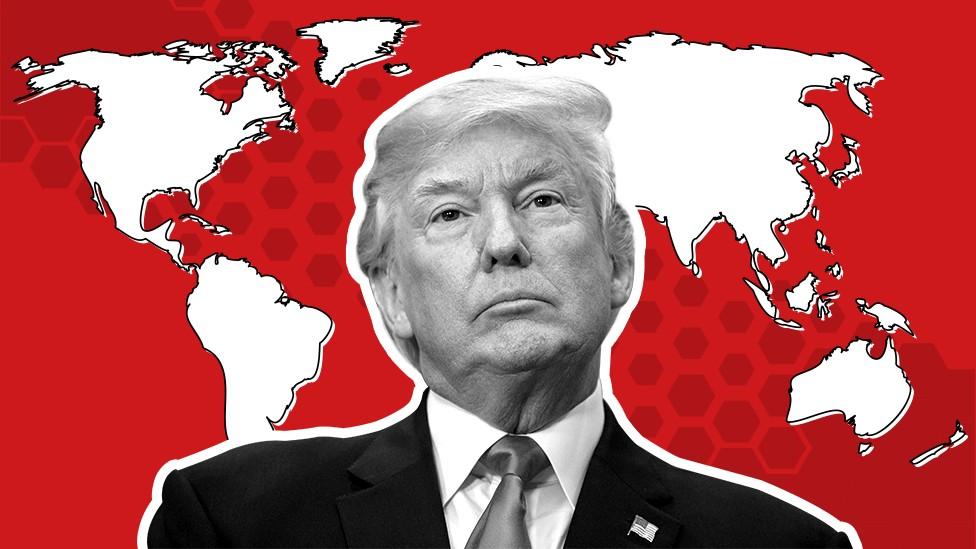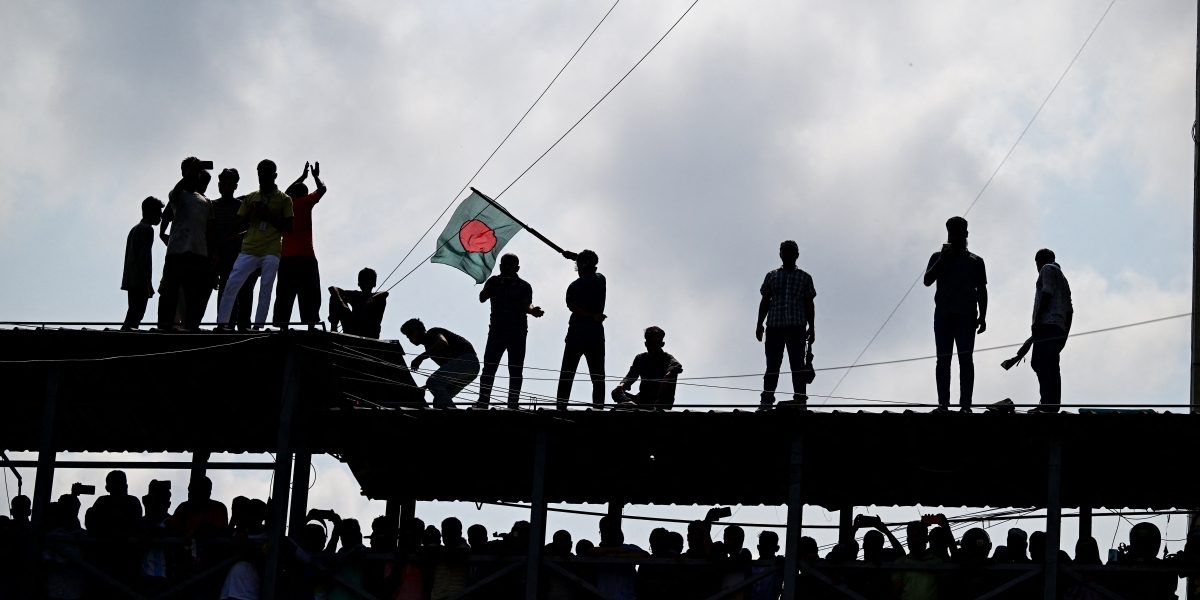China’s Expanding Influence
The political transition in Bangladesh following Sheikh Hasina’s departure marks a critical juncture in the country’s foreign policy, especially in its evolving relationship with China. Given the geopolitical complexities of South Asia, the dynamics between Bangladesh and China will continue to shape regional power balances, economic alliances, and security strategies.
Bangladesh remains a significant player in China’s Belt and Road Initiative (BRI), benefitting from Chinese investments in infrastructure, energy, and connectivity projects. While the new government may reassess some agreements signed under Hasina’s tenure, Beijing’s economic leverage remains strong, particularly in port development at Payra, Matarbari, and Chittagong deep-sea ports. Given the growing tensions between China and India, Bangladesh is a crucial component of China’s regional economic expansion strategy. The post-Hasina government is likely to adopt a multi-aligned foreign policy, engaging with China while maintaining strong ties with India, the U.S., and the European Union. With increasing concerns about overdependence on China, Bangladesh will aim to diversify its foreign alliances, ensuring national security and economic growth remain independent of any single major power.
The United States has increased its focus on the Indo-Pacific region, pushing for greater engagement with Bangladesh as a strategic counterbalance to China. The QUAD alliance (comprising the U.S., India, Japan, and Australia) presents a challenge to Chinese influence in Bangladesh. Washington may advocate for a reduced Chinese presence in Bangladesh’s infrastructure and defense sectors, offering alternative trade and investment opportunities.
If the new leadership in Bangladesh seeks deeper engagement with China, it could lead to a shift in regional power dynamics. Beijing could leverage its economic investments to gain more strategic foothold in Bangladesh, potentially offering military and technological cooperation. Such a shift would raise concerns in both India and the United States, as it could increase China’s influence in the Bay of Bengal—a crucial maritime zone for regional security and trade.
United States and the West: A Call for Democratic Reforms
The United States has consistently advocated for democratic institutions, human rights, and fair governance in Bangladesh. Washington’s relationship with the country has been multifaceted, encompassing trade partnerships, development assistance, and security cooperation. However, concerns over electoral integrity, political suppression, and human rights abuses strained relations between the U.S. and the previous government.
With the regime change, the U.S. and other Western nations may see an opportunity to push for democratic reforms and increased transparency. If the new leadership signals a commitment to democratic principles, it could attract stronger diplomatic and economic ties with the West. However, if the transition leads to instability or increased authoritarian measures, Bangladesh risks facing sanctions or reduced foreign aid, which could impact its economic growth trajectory. U.S. sees an opportunity to strengthen ties with Dhaka as part of its broader Indo-Pacific strategy. With Bangladesh’s strategic location between India and China, Washington aims to ensure that the country remains a stable and cooperative partner.
Counterterrorism cooperation has also been a key aspect of U.S.-Bangladesh relations. The interim government has reaffirmed its commitment to working with the U.S. on intelligence sharing and counter-extremism efforts. In addition, Washington is keen on reinforcing military collaboration through joint exercises and security dialogues.
Despite these positive developments, challenges remain. Bangladesh’s interim government must navigate political tensions, manage public expectations, and ensure free and fair elections in the coming months. The U.S. continues to advocate for human rights protections, judicial reforms, and press freedoms, all of which remain critical for long-term stability.
Furthermore, Bangladesh’s balancing act between global powers will be tested. While the U.S. seeks deeper engagement, China and India continue to exert influence in the region. The interim government’s ability to maintain neutrality and leverage external partnerships without alienating key allies will be crucial for Bangladesh’s diplomatic strategy.
Economic Implications and Trade Policies
Bangladesh’s economic growth has been a significant factor in its geopolitical relevance. With a robust textile industry, a growing manufacturing sector, and an expanding middle class, the country remains an attractive destination for foreign investment. The new government will need to reassure international investors of policy stability and economic continuity.
Key trade relationships, particularly with India, China, and the European Union, will shape Bangladesh’s economic future. If the new leadership prioritizes economic diplomacy, it could unlock new trade agreements and foreign direct investments. However, any abrupt shifts in trade policies or disruptions in governance could create economic uncertainties, impacting investor confidence.
Navigating a Complex Geopolitical Landscape
The regime change in Bangladesh marks a critical juncture in the nation’s political and geopolitical trajectory. How the new leadership navigates relations with key global players will determine the country’s future in the regional and international arena. India, China, the United States, and other stakeholders will closely monitor Bangladesh’s foreign policy decisions, economic strategies, and security commitments.
A balanced and pragmatic approach could position Bangladesh as a key player in South Asian geopolitics, leveraging its strategic location and economic potential. However, missteps in governance, foreign policy, or economic management could lead to regional instability and diplomatic tensions.
As Bangladesh embarks on this new chapter, the world watches with keen interest, anticipating the long-term implications of this political transition. The coming months will reveal whether the new regime can foster stability, maintain strategic partnerships, and propel Bangladesh towards a future of prosperity and geopolitical significance.







Comments